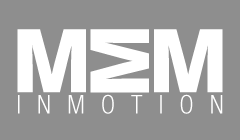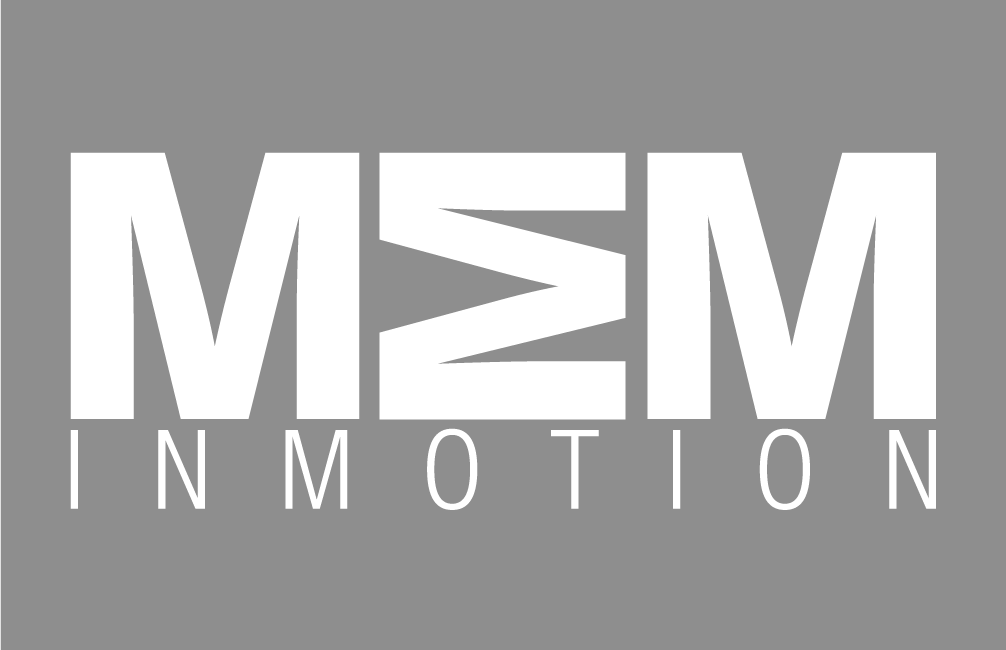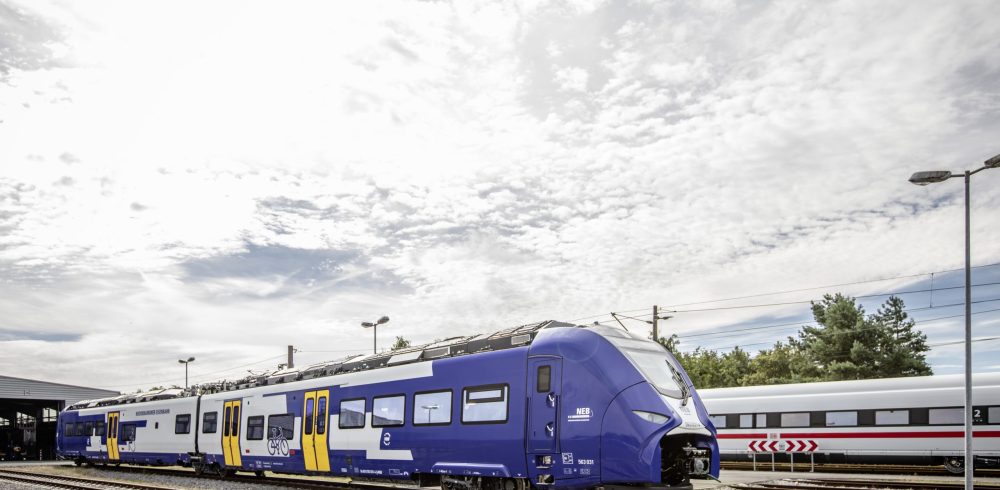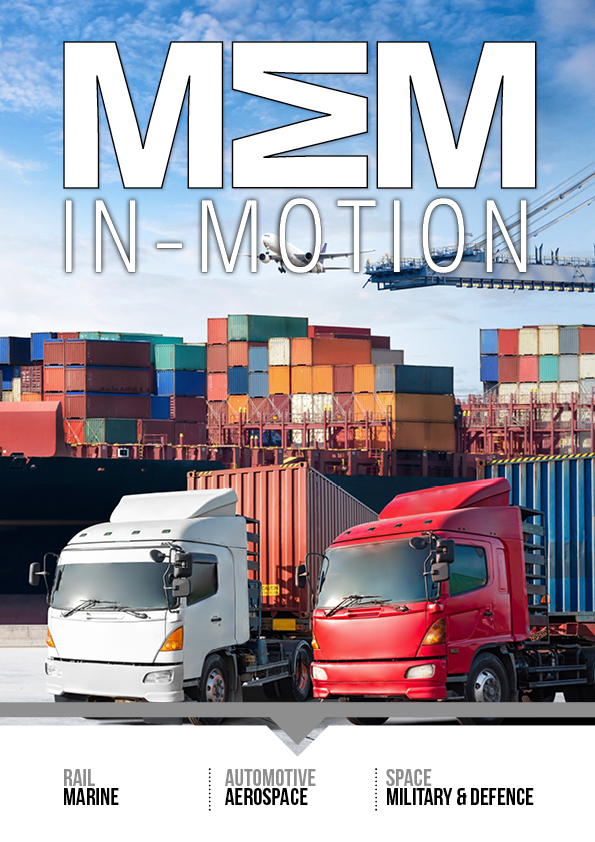The innovative technology behind Siemens Mobility’s British battery trains has been rolled out in the East Brandenburg network in Germany.
31 of the company’s Mireo Plus B trains are being phased in to the Berlin Brandenburg metropolitan region, beginning on Sunday (15 December) and is the latest proof point of the technology that underpins the Desiro Verve project in Britain. This follows the debut of this technology on 27 new trains in the Ortenau region of Germany in April, with more set to arrive in Denmark in 2025.
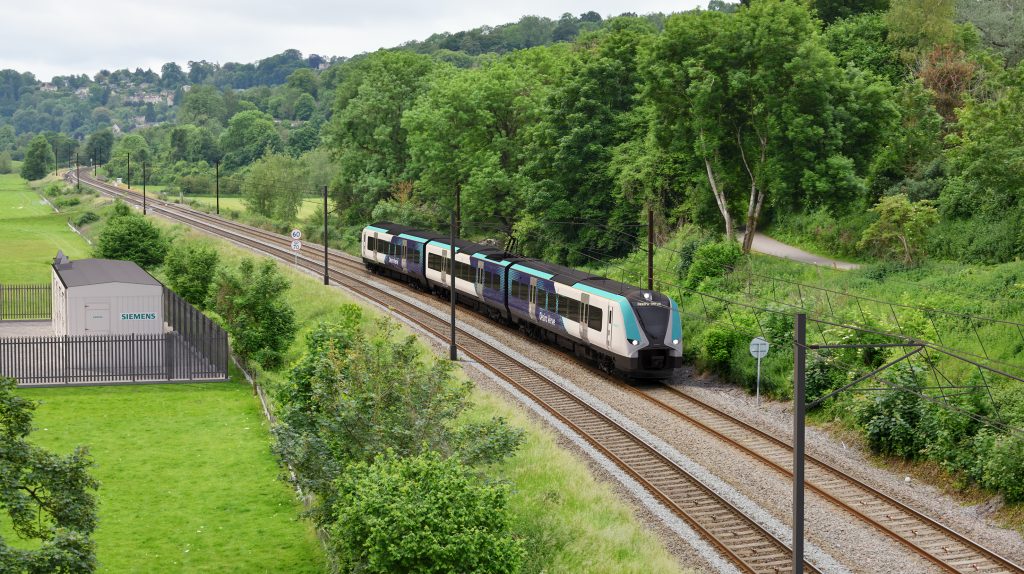
The British Desiro Verve trains would be assembled at Siemens Mobility’s new Train Manufacturing Facility in Goole, East Riding of Yorkshire, formally opened by the Transport Secretary and Mayor of London in October.
Sambit Banerjee, Joint CEO at Siemens Mobility UK & Ireland, said:
“It’s fantastic to see the innovative technology that will underpin our British Desiro Verve trains already being put into action. The completion of these latest journeys demonstrates that the technology for our British battery trains is here, is working and is ready to transform rail travel.
“The Desiro Verve would be assembled at our state-of-the-art Goole Rail Village in Yorkshire and offers an integrated solution to replace Britain’s aging diesel trains without having to electrify hundreds of miles of track, saving the country £3.5 billion over 35 years and providing a practical path to decarbonising British railways.”
In June, Siemens Mobility identified how the Desiro Verve could save Britain’s railways £3.5 billion over 35 years compared with using diesel-battery-electric ‘tri-mode’ trains. This would support the Government’s aim of removing diesel-only trains from Britain’s railways by 2040.
The British trains would be powered by overhead wires on already electrified routes, then switch to battery power where there are no wires. That means only small sections of the routes and/or particular stations have to be electrified with overhead line equipment (OLE), making it much quicker and less disruptive to replace diesel trains compared to full electrification.
This OLE can also be installed much more quickly using Siemens Mobility’s innovative Rail Charging Converter (RCC), which makes it possible to plug directly into the domestic grid – potentially cutting delivery times for OLE from seven years to as little as 18 months.
With the UK’s aging diesel trains set for replacement, the successful deployment of Siemens Mobility battery trains in Europe signals a promising diesel-free future for the UK. The arrival of Desiro Verve battery bi-mode trains on our tracks would pave the way for cleaner, more reliable, and sustainable rail travel.
For more information about our Desiro Verve, visit: www.siemens.co.uk/batterytrains
Manufacturing & Engineering Magazine | The Home of Manufacturing Industry News
